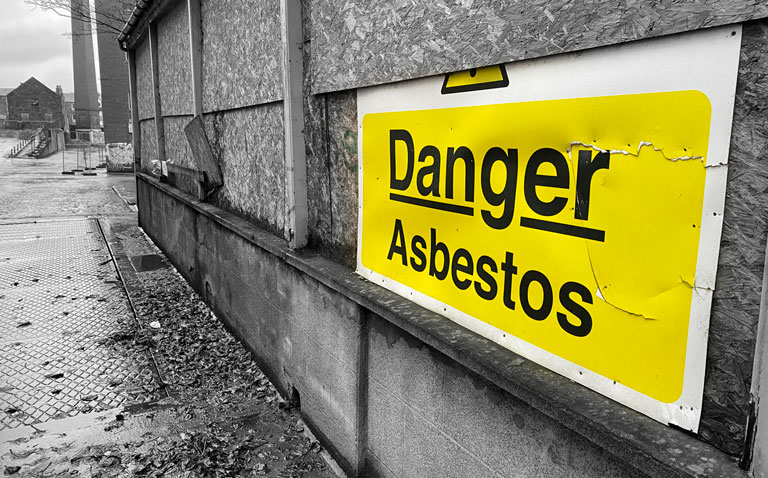In malignant mesothelioma with evidence of disease progression, use of nivolumab significantly improved overall survival.
Nivolumab represents a treatment that might be beneficial for patients with malignant mesothelioma was the conclusion of a study by a team from the Mesothelioma Research Programme, University of Leicester, Leicester, UK.
Malignant mesothelioma is a cancer which mainly affects the tissue that cover each lung (pleural mesothelioma) and leads to around 2,700 cases each year in the UK.
In the majority of cases, pleural mesothelioma is caused by exposure to asbestos although it can take 10 to 50 years to emerge after exposure, which helps explain why over half of cases occur in those aged over 75.
Prognosis for mesothelioma cancer is poor, with many patients living less than one year and it has 5-year overall survival of only 5%.
Malignant mesotheliomas express the protein PD-L1 which is the ligand for PD-1 and the binding of the two on the surface of T cells inactivates the cell.
Nivolumab is a PD-1 immune checkpoint inhibitor which blocks this PD-1 to PD-L1 binding and has been shown to be a promising therapy in malignant mesothelioma.
However, to date, there have been no randomised, double-blind trials of mono-therapy with checkpoint inhibitors in patients with relapsed mesothelioma after platinum-based chemotherapy.
As a result, the mesothelioma research team established the CheckpOiNt Blockage For the Inhibition of Relapsed Mesothelioma (CONFIRM) trial, to evaluate the efficacy of nivolumab on overall survival and progression-free survival in those with progressive disease after a single course of platinum-based chemotherapy.
Included patients were adults (> 18 years of age) with histologically confirmed pleural or peritoneal mesothelioma and who had radiological evidence of disease progression.
Participants were randomised 2:1 (nivolumab:placebo) and given nivolumab at a dose of 240 mg every two weeks until disease progression, withdrawal from treatment or for a maximum of 12 months, depending on which came first. The co-primary endpoints were progression-free survival and overall survival.
Findings
A total of 332 participants with malignant mesothelioma were included and randomised to nivolumab or placebo. The median age of participants allocated to nivolumab as 70 years (76% female) and the median duration of follow-up was 11.6 months.
The median progression-free survival was 3 months in the nivolumab and 1.8 months in the placebo groups (hazard ratio, HR = 0.67, 95% CI 0.53 – 0.85, p = 0.0012). The proportion of participants with progression-free survival at one year was 14.2% and 7.2% in the nivolumab and placebo groups respectively.
The median overall survival was 10.2 vs 6.9 months (nivolumab vs placebo), giving a hazard ratio of 0.69 (95% CI 0.52 – 0.91). The proportion of patients surviving one year one year was also higher in the nivolumab group (43.4% vs 30.1%, nivolumab vs placebo).
Serious adverse events occurred in 41% of patients in the nivolumab group and 44% of patients in the placebo group and there were no treatment-related deaths in either group.
The authors reported that they will continue to monitor patients and that a final and updated analysis will be published in due course.
Citation
Fennell DA et al. Nivolumab versus placebo in patients with relapsed malignant mesothelioma (CONFIRM): a multi-centre, double-blind, randomised, phase 3 trial. Lancet 2021.










